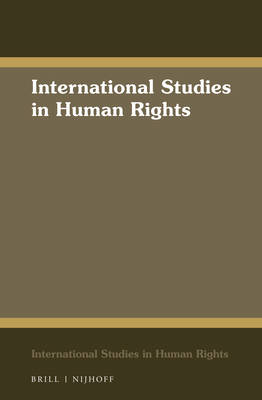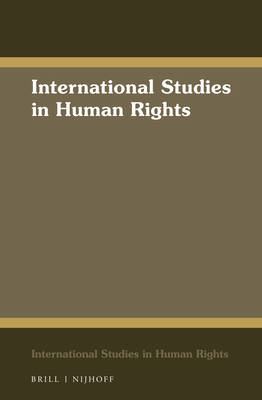
- Afhalen na 1 uur in een winkel met voorraad
- Gratis thuislevering in België vanaf € 30
- Ruim aanbod met 7 miljoen producten
- Afhalen na 1 uur in een winkel met voorraad
- Gratis thuislevering in België vanaf € 30
- Ruim aanbod met 7 miljoen producten
Zoeken
Omschrijving
Human rights are by definition universal. Yet in a world characterized by enormous diversity, there is no consensus about the implications of the universality of human rights. In several regions of the world, human rights conceptions are promoted that challenge the mainstream, largely Western-dominated discourse on this subject. This volume offers an analysis of context-specific human rights discourses from East Asia, Subsaharan Africa and the Muslim World. Rather than interpreting these as threats to universality, the author examines how and to what extent the claims that are advanced can and should be accommodated in order to further the universality of human rights. A theory of inclusive universality' is developed, and its implications are translated into legal techniques. On the one hand, there are flexibility' techniques, allowing for contextual diversity in the interpretation and application of human rights norms. On the other hand, giving credit to non-Western views also implies that there should be room for transformation' of those human rights norms
Specificaties
Betrokkenen
- Auteur(s):
- Uitgeverij:
Inhoud
- Aantal bladzijden:
- 592
- Taal:
- Engels
- Reeks:
- Reeksnummer:
- nr. 66
Eigenschappen
- Productcode (EAN):
- 9789041116185
- Verschijningsdatum:
- 1/05/2001
- Uitvoering:
- Hardcover
- Formaat:
- Genaaid
- Afmetingen:
- 168 mm x 243 mm
- Gewicht:
- 1052 g

Alleen bij Standaard Boekhandel
+ 921 punten op je klantenkaart van Standaard Boekhandel
Beoordelingen
We publiceren alleen reviews die voldoen aan de voorwaarden voor reviews. Bekijk onze voorwaarden voor reviews.








